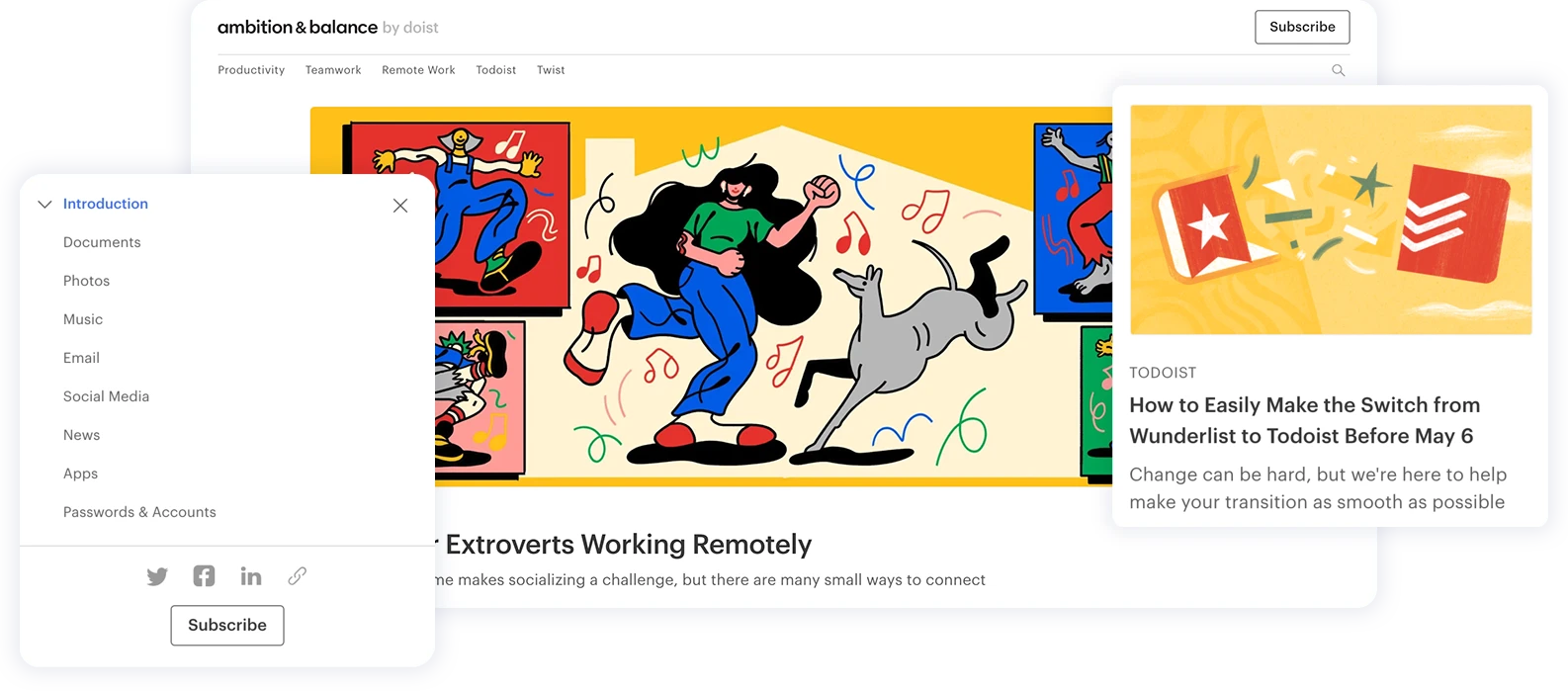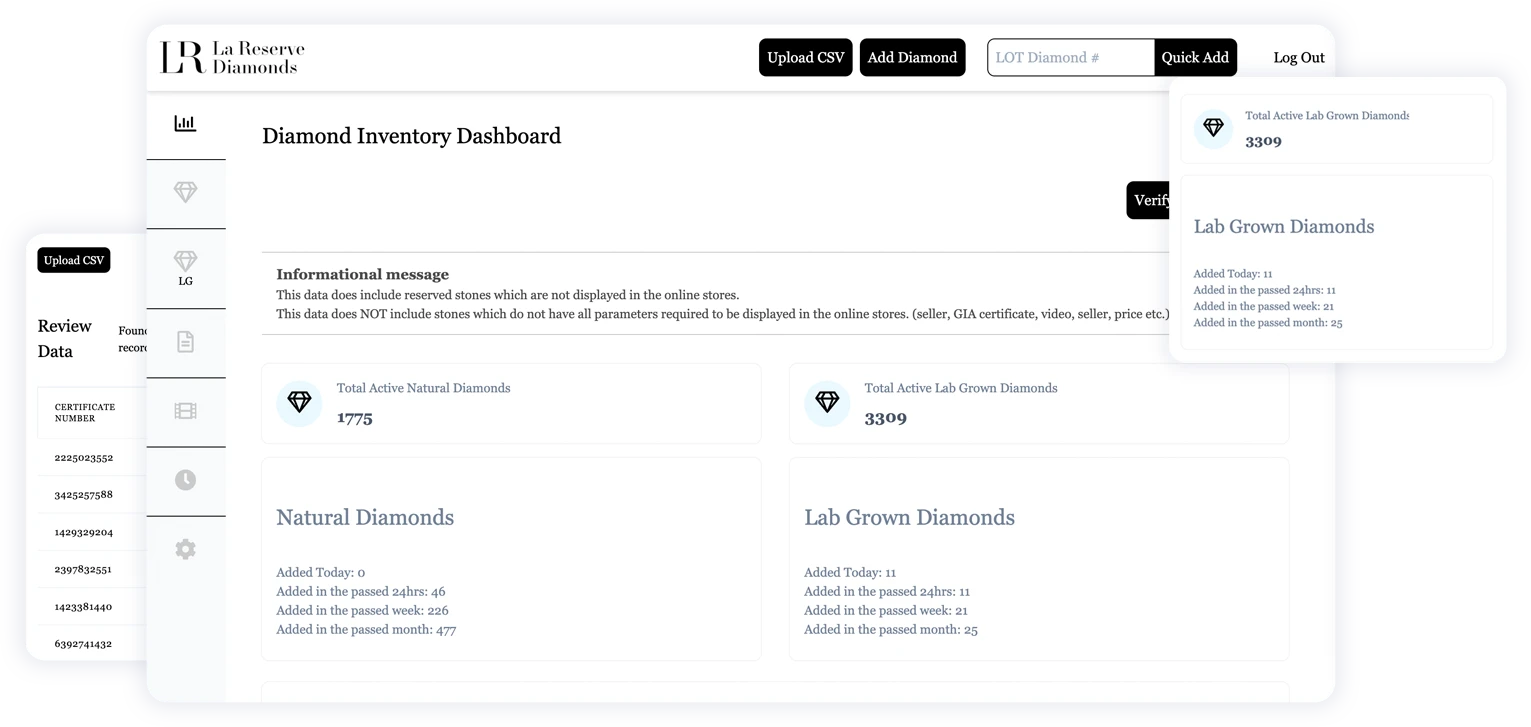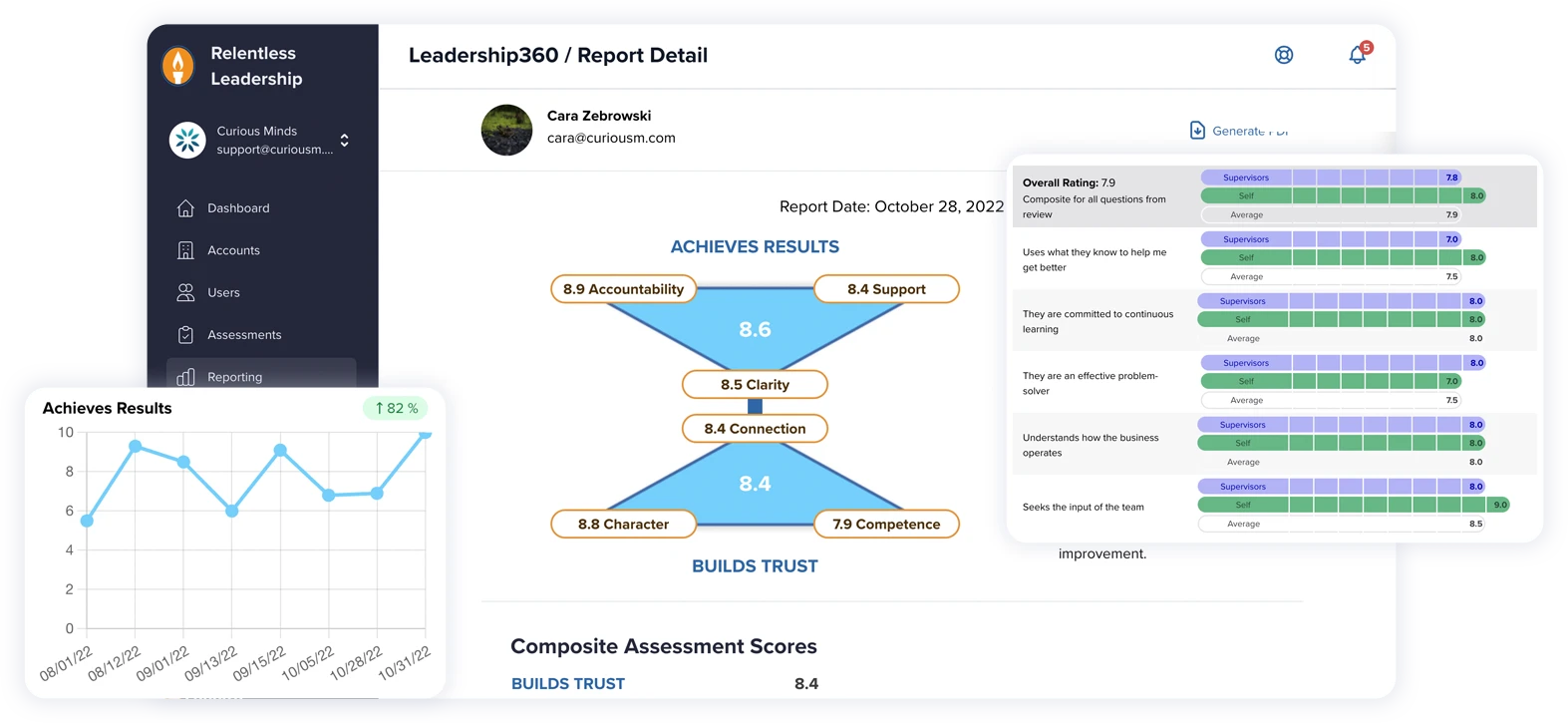A strong online presence is not just nice to have-it's a must-have. It can really make a difference for businesses, what with e-commerce and influencers, and the like. Picking the ideal web hosting service is more than a technical choice- it's a decision that influences both your website's performance and reputation. This decision lies in finding a web hosting provider that strikes the right chord between high-quality service and cost-effectiveness. Such a provider becomes the backbone of your digital strategy. Imagine working really hard to create a beautiful website with amazing content. But when people try to visit your site, it takes forever to load, or it is down a lot, or even worse, they cannot even access it. That is why having a hosting provider you can rely on is also a must have.
Slow sites don't just annoy visitors- they can drive them away, potentially leading to lost business and damaging your brand's reputation. Nowadays, even brief downtime can be costly in terms of lost customers. Investing in a great web hosting service is worth it for keeping your website running smoothly and reliably.
Key Aspects of Quality Hosting
Let's talk about the must-haves in quality hosting. Reliability? Check. Your site needs to be up and running 24/7, no excuses. Speed? Absolutely. Nobody likes to wait for a slow-loading page – it's like watching paint dry. Scalability is key too. As your business grows, your website should be able to keep up without breaking a sweat. Lets break down these must haves in more detail:
Reliability— Quality hosting providers invest substantially in robust infrastructure and cutting-edge data centers. These investments aim to achieve impeccable uptime, guaranteeing that your website is consistently online and accessible. Frequent downtime can disrupt your online operations, lead to missed business prospects, and leave visitors with a negative impression.
Performance and Speed— Website performance and loading speed are pivotal for delivering a superior user experience. Quality hosting services ensure swift loading times, creating an exceptional user experience. Beyond user satisfaction, loading speed profoundly influences your website's search engine rankings. Major search engines like Google factor in page speed when determining search results, implying that a sluggish website can diminish visibility.
Scalability— Consider the scalability of the hosting solution. As your website flourishes, your hosting needs may evolve. A hosting service seamlessly accommodating scalability ensures you can effortlessly handle augmented traffic and expand your online presence without complications.
Security Measures— Security should reign supreme in selecting a hosting service. Seek providers that implement robust security measures, encompassing firewalls, malware scanning, and DDoS protection. Regular security audits and updates are indispensable for safeguarding your website and user data.
Customer Support— Outstanding customer support can prove instrumental when grappling with technical issues or necessitating assistance. Assess the responsiveness and expertise of the hosting provider's support team. Ideally, support should be accessible around the clock, reassuring you of assistance whenever required.
Backup and Disaster Recovery— Regarding backup and disaster recovery, hosting services should provide regular backups and options for recovering from unexpected events. This ensures that your website's data is protected and can be restored if something goes wrong.
Managed Services— One great thing about managed hosting is that the hosting provider handles server management, including updates, maintenance, and security. Please ensure their managed services match what you need and want.
Control Panel and User Interface— The hosting provider's control panel and user interface are important factors to consider. A user-friendly interface can simplify website management tasks, making your hosting experience more streamlined.
Hosting Location and Data Centers— The location of a hosting provider's data centers can affect how fast and well a website performs. Choosing a hosting provider with data centers in strategic locations is a good idea to reduce delays and improve user experience.
Pricing Structure— While evaluating costs, decipher the pricing structure of the hosting service. Some providers proffer transparent pricing devoid of concealed fees, while others may adopt tiered pricing contingent on features and resources.
Customization and Flexibility— Contemplate whether the hosting provider facilitates customization and flexibility regarding server configurations, software installations, and supplementary features. Tailoring the hosting environment to your unique prerequisites can be instrumental.
Service Level Agreements (SLAs)— Peruse the service level agreements (SLAs) the hosting provider presents. SLAs delineate the provider's commitments regarding uptime, support response times, and service quality. A robust SLA can infuse peace of mind.
Reputation and Reviews— Conduct a thorough assessment of the hosting provider's reputation and peruse customer reviews. Real-world experiences shared by fellow users offer invaluable insights into the caliber of their services.
Long-Term Considerations— Think about the long-term effects rather than just focusing on immediate expenses. While it may cost a bit more upfront, investing in quality hosting can actually save you money in the long run. This is because it helps prevent downtime and technical issues that can disrupt your website. So, it is worth considering the long-term benefits when making your decision.
Data Transfer and Bandwidth— Consider the data transfer thresholds and bandwidth the hosting provider offers. Make sure that the hosting plan you choose can easily handle your website's traffic and data transfer needs without any additional charges.
Content Management System (CMS) Compatibility— If you harness a specific content management system (CMS) like WordPress or Drupal, verify whether the hosting provider delivers optimized hosting environments tailored to your chosen platform. This optimization can engender improved website performance and security.
Additional Features— Contemplate any additional features or tools the hosting service bestows. These may encompass website analytics, SSL certificates, content delivery networks (CDNs), and various supplementary utilities.
Environmental Considerations— For those attuned to environmental concerns, investigate the hosting provider's eco-friendly initiatives and commitment to sustainability.
Additional Considerations for Hosting Services
When seeking the perfect balance between quality and cost:
Assess resource allocation policies and scalability.
Ensure e-commerce compatibility for online transaction needs.
Check the frequency of website backups.
Inquire about data center redundancy and the provider's focus on managed hosting.
Consider CDN integration, migration assistance, and transparent pricing.
Verify compliance with relevant regulations and standards.
Understand load balancing, disaster recovery plans, and combined website and email hosting options.
Low-Quality Hosting: What to Expect
While we've emphasized the importance of quality hosting, it's equally crucial to understand the potential drawbacks of opting for cheap, low-quality hosting. Here's what you can typically expect with such hosting solutions:
Frequent Downtime— Cheap hosting providers often cut corners on infrastructure and server maintenance. As a result, your website may experience frequent downtime, rendering it inaccessible to visitors. Downtime can harm your online reputation and result in lost opportunities.
Slow Loading Times— Low-quality hosting typically needs more resources and server optimization. This can lead to slow loading times, frustrating visitors, and negatively impacting search engine rankings. Users tend to abandon websites that take too long to load.
Limited Resources— Cheap hosting plans often have limited server resources, such as CPU, RAM, and disk space. If your website experiences sudden traffic spikes or requires more resources than allocated, it can lead to performance issues.
Inadequate Customer Support— Customer support from low-quality hosting providers may need to be faster or more responsive. When you encounter technical issues or need assistance, you may find it challenging to get timely help, resulting in prolonged website problems.
Lack of Security Measures— Security is often neglected in low-quality hosting environments. This makes your website open to many threats, such as malware, hacking attempts, and data leaks. If your website's security isn't good, you could lose sensitive user data and damage your website's reputation.
Limited Features and Tools— Cheap hosting plans may offer a bare minimum regarding features and tools. You may miss essential functionalities like automated backups, content delivery networks (CDNs), and advanced security measures.
Inflexibility and Scaling Challenges— Low-quality hosting plans may need to support easy scalability. If your website experiences growth, you may need more support in adding more resources or handling increased traffic.
Hidden Costs and Upselling— Some budget hosting providers may entice you with low initial prices but later introduce hidden costs or aggressively upsell additional services and features. This can lead to unexpected expenses.
Poor Reputation and Reviews— Low-quality hosting providers often have a reputation for subpar service and customer dissatisfaction. Negative reviews from users who have had poor experiences are shared.
Lack of Backup and Disaster Recovery— Low-cost hosting plans may need stronger backup and disaster recovery choices very often. This means that your website's info could be lost or damaged in a disaster.
Unreliable Email Service— Email hosting associated with low-quality hosting may need more reliability, leading to issues with sending and receiving emails. This can be problematic for businesses relying on email communication.
Limited CMS and Application Support— Low-quality hosting may not offer compatibility or adequate support if you use a specific content management system (CMS) or require specific applications.
Opting for cheap, low-quality hosting might seem like a bargain at first, but it can lead to a world of trouble. You're likely to face frequent downtime, painfully slow loading times, and customer support that's hard to pin down when you need it most. Skimping on hosting means risking security breaches and missing out on key features, especially as your website grows. Watch out for those hidden costs too, which can throw your budget for a loop. In short, while saving a few bucks now might be tempting, it's worth considering the long-term health and performance of your online presence.
Discovering Affordable Excellence with Curious Minds Media's Managed Hosting Solutions
It's crucial to find that perfect sweet spot between cost and quality for a thriving online presence. That's something we totally understand at Curious Minds Media. Our primary goal? To bring you stellar managed hosting solutions that offer top-notch quality without being a wallet buster.
Our affordable hosting options are tailor-made for both businesses and individuals. We're talking about ensuring peak performance, iron-clad security, and solid support, all without draining your finances. We've got a variety of hosting plans to fit different needs and budgets, all aimed at providing the kind of quality and reliability your digital presence truly deserves.
At the end of the day, it's all about choosing a hosting service that fits your needs perfectly. Over at Curious Minds Media, we get this loud and clear. We're committed to providing premium managed hosting solutions that don't break the bank. So, let's join forces and elevate your online presence, ensuring your site is not just getting by, but genuinely flourishing.



















